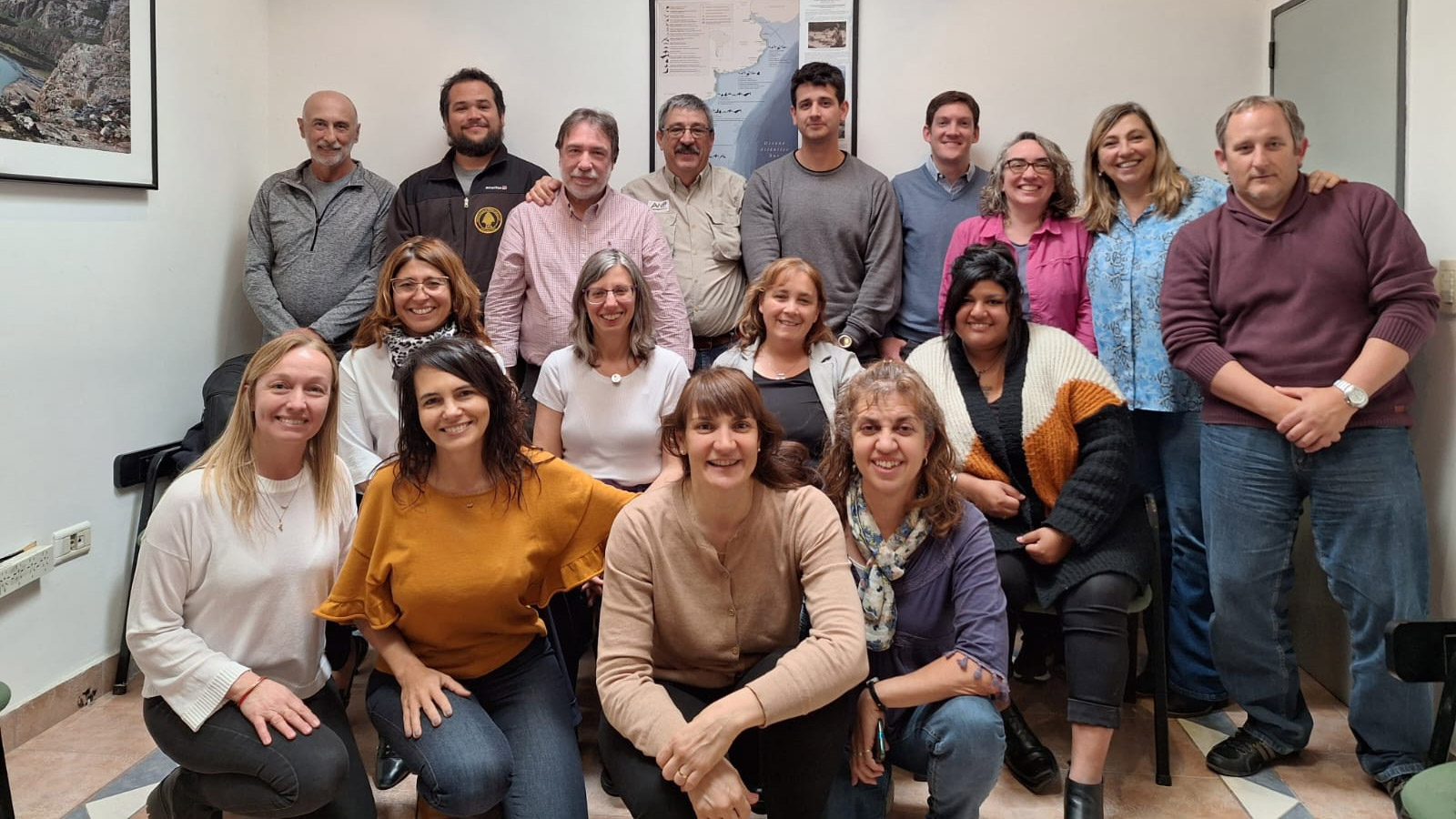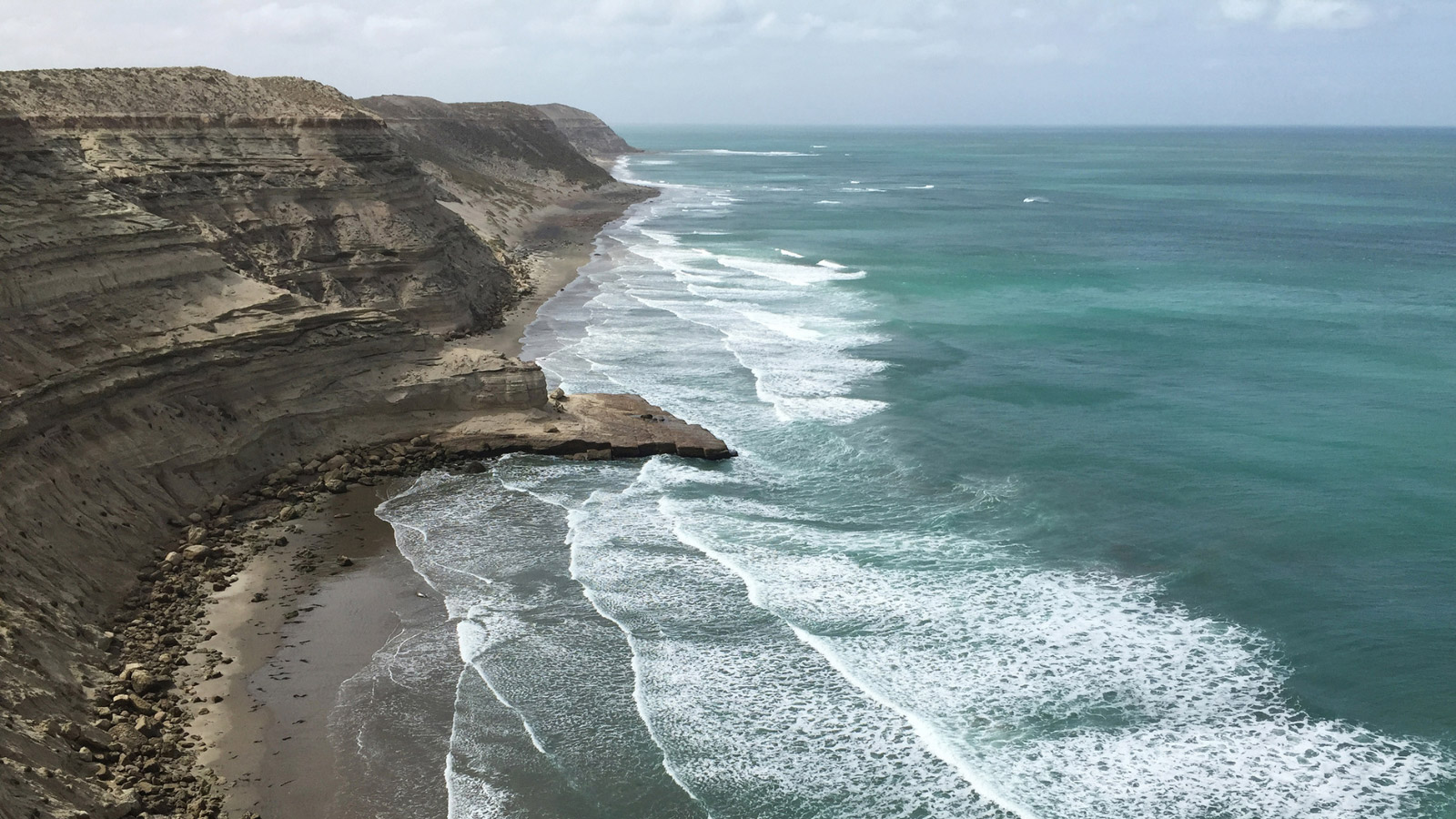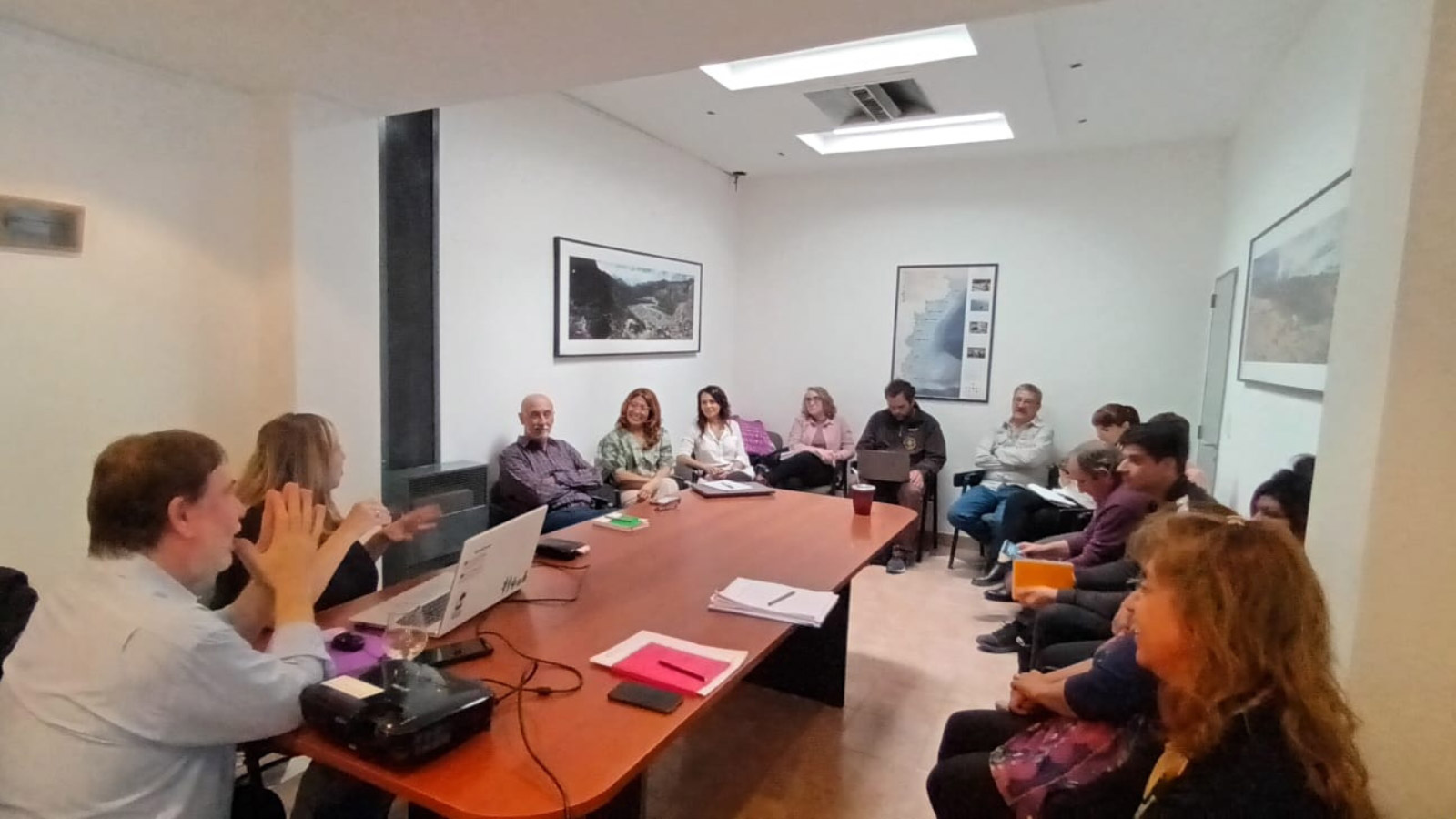
Marine Coastal Protected Areas (MCPAs) are the most effective and proven tool for the long-term conservation of biodiversity. In order to fulfill this purpose, management should focus on conservation, management and monitoring of biodiversity, threat reduction (pollution, illegal activities, overexploitation), and management planning and evaluation, coordinating with relevant stakeholders and establishing good governance and participation mechanisms.
In this context, the Forum for the Conservation of the Patagonian Sea and Areas of Influence, within the framework of the “MaRes Project to strengthen the resilience of the Coastal and Marine Areas of Argentina”, together with the Government of the Province of Chubut, Ministry of Tourism and Natural Protected Areas, and the Undersecretariat of Conservation and Protected Areas, facilitated the workshop to measure the effectiveness of the management of the NPA Península Valdés.
The meetings were held on November 14 and 15 with authorities and technicians involved in the management of the Península Valdés NPA, in the town of Puerto Madryn, at the facilities of Fundación Patagonia Natural, regional office of the MaRes Project.
The objective of the meeting was to carry out a new evaluation of the effectiveness of the management of the NPA, compare the results with previous evaluations and with the optimal scenarios defined for each of the variables analyzed.
The facilitation was in charge of Fundación Vida Silvestre Argentina, Global Penguin Society and Fundación Cambio Democrático within the framework of the Monitoring, Governance and Participation Component of the MaRes Project.
A new evaluation of management effectiveness of the NPA Península Valdes
One of the purposes of the MaRes Project is to contribute and catalyze information and technical assistance to strengthen the adaptive management of Argentina’s Marine Coastal Protected Areas (MCPAs).
Accompanying the authorities of the Undersecretariat of Conservation and Protected Areas and the Administration of Peninsula Valdes in this work, makes it possible to evaluate the effectiveness of management and identify strengths and opportunities for improvement to incorporate them into the management strategies of the area.
The proposed methodology, known as Giaccardi & Tagliorette (2007) , was designed to address the organizational characteristics of the provincial protected area systems of Buenos Aires, Río Negro, Chubut, Santa Cruz and Tierra del Fuego.
This methodology allows for an in-depth exchange of information and points of view among the key actors involved in management, reflecting on the different areas considered (personnel, infrastructure and equipment, institutional policy, planning and financing), as well as in terms of the current governance model.
It was emphasized that effectiveness evaluation is a useful self-evaluation tool for managers, and that within the framework of the MaRes Project, the role of the people involved is to facilitate and technically support the measurement process.

Dialogue with the authorities
During the workshop, the sharing and exchange of lessons learned from previous experiences of management effectiveness evaluation in Península Valdés in 2006, 2012 and 2015, carried out collaboratively between the staff of the Ministry of Tourism and Protected Areas of Chubut and the Administrator of Península Valdés, took place. The experience of implementing the methodology provides a valuable local perspective to update and discuss the lessons learned.

Conclusions that set a positive course for the conservation of the Marine Coastal Protected Areas.
At the end of the activities, a survey was carried out among the participants, highlighting the importance of interdisciplinary and team work, which enables the integration of different perspectives and visions in the search for solutions.
The usefulness of this approach for acquiring and assimilating new work tools was also highlighted. The need for reflective and introspective work at the group level to define key activities in the management of Natural Protected Areas (NPAs) was also identified.
The evaluation of effectiveness is relevant because it allows us to visualize progress and setbacks and to improve decision-making. Therefore, these meetings represent a significant step towards strengthening the resilience and long-term preservation of Argentina’s MCPAs. In this way, the MaRes Project and local partners consolidate a joint effort to preserve biodiversity and the health of marine ecosystems and the communities that depend on them.
Contributions and collective work
This activity has been possible thanks to the active collaboration of the implementing organizations of the MaRes Project: Aves Argentinas, Global Penguin Society, Fundación Patagonia Natural, Fundación Vida Silvestre Argentina, Fundación Cambio Democrático, WCS Argentina, Fundación Ambiente y Recursos Naturales.